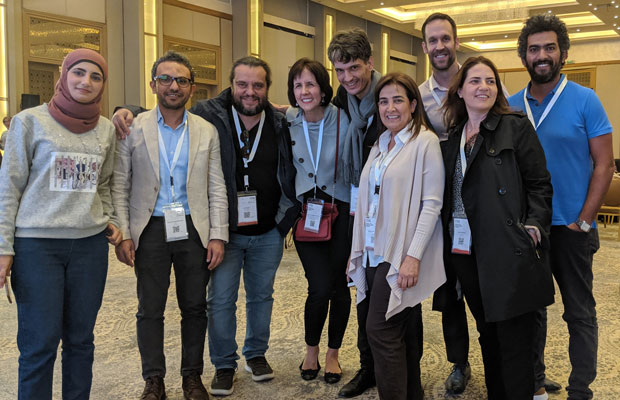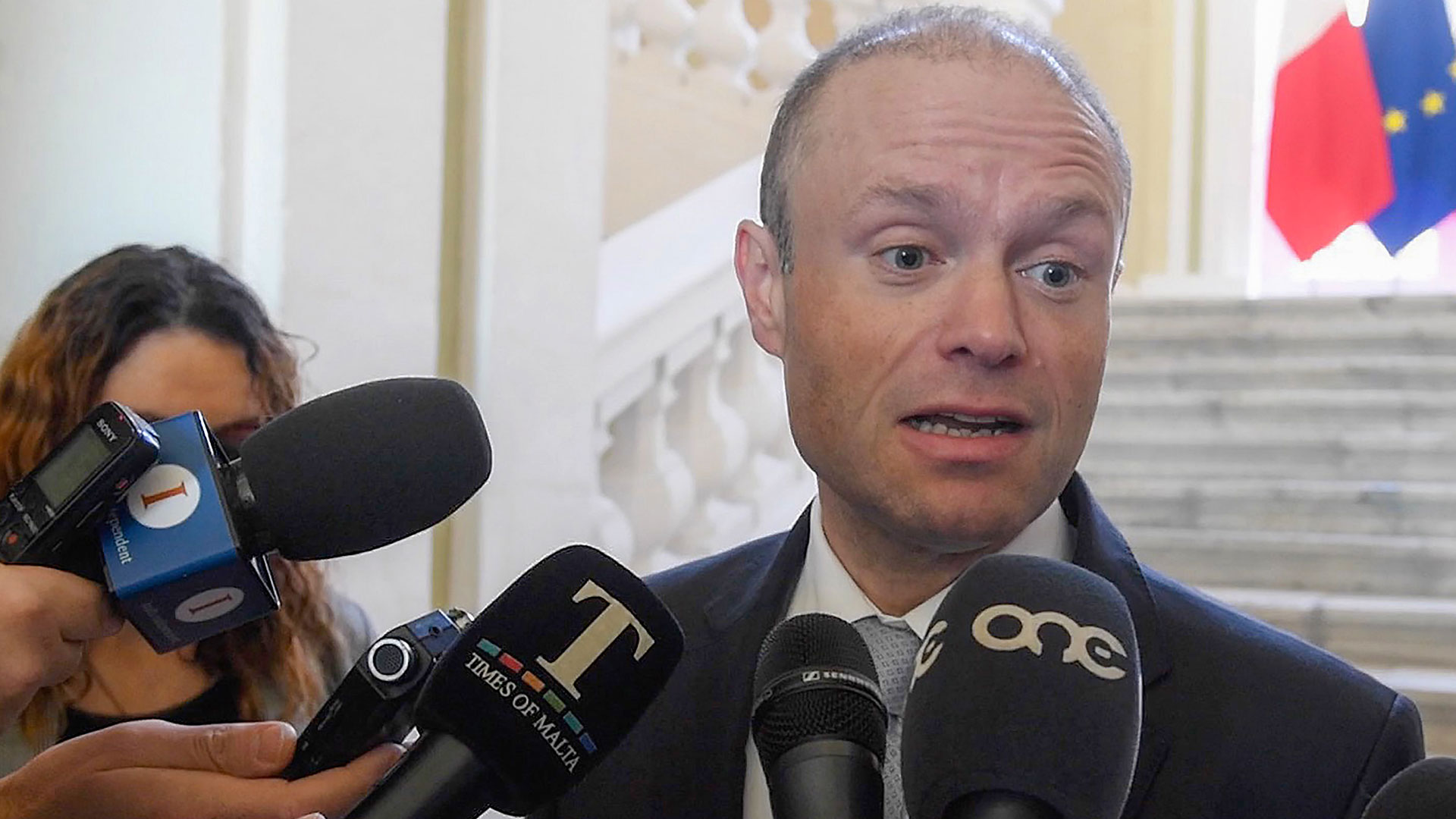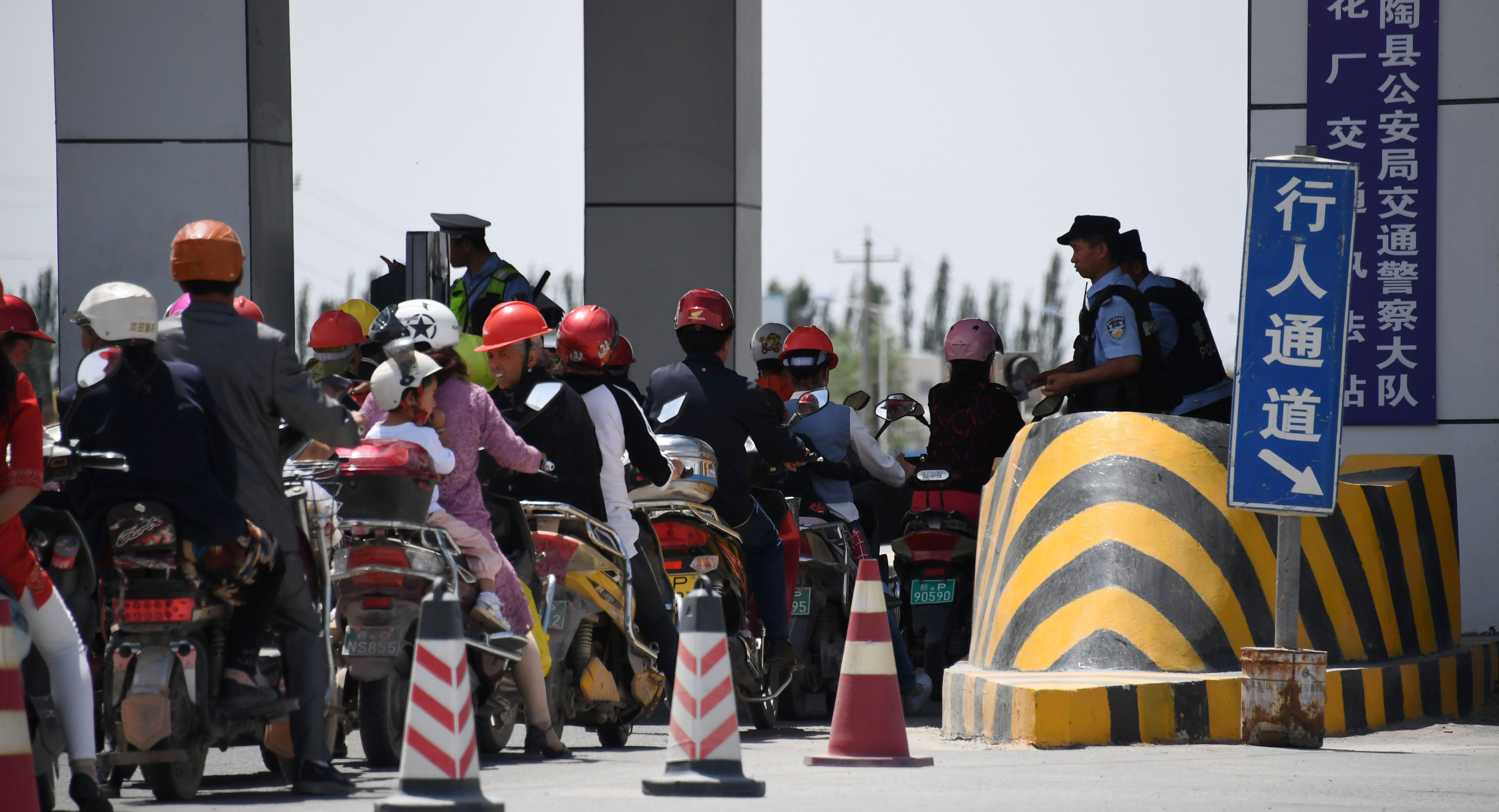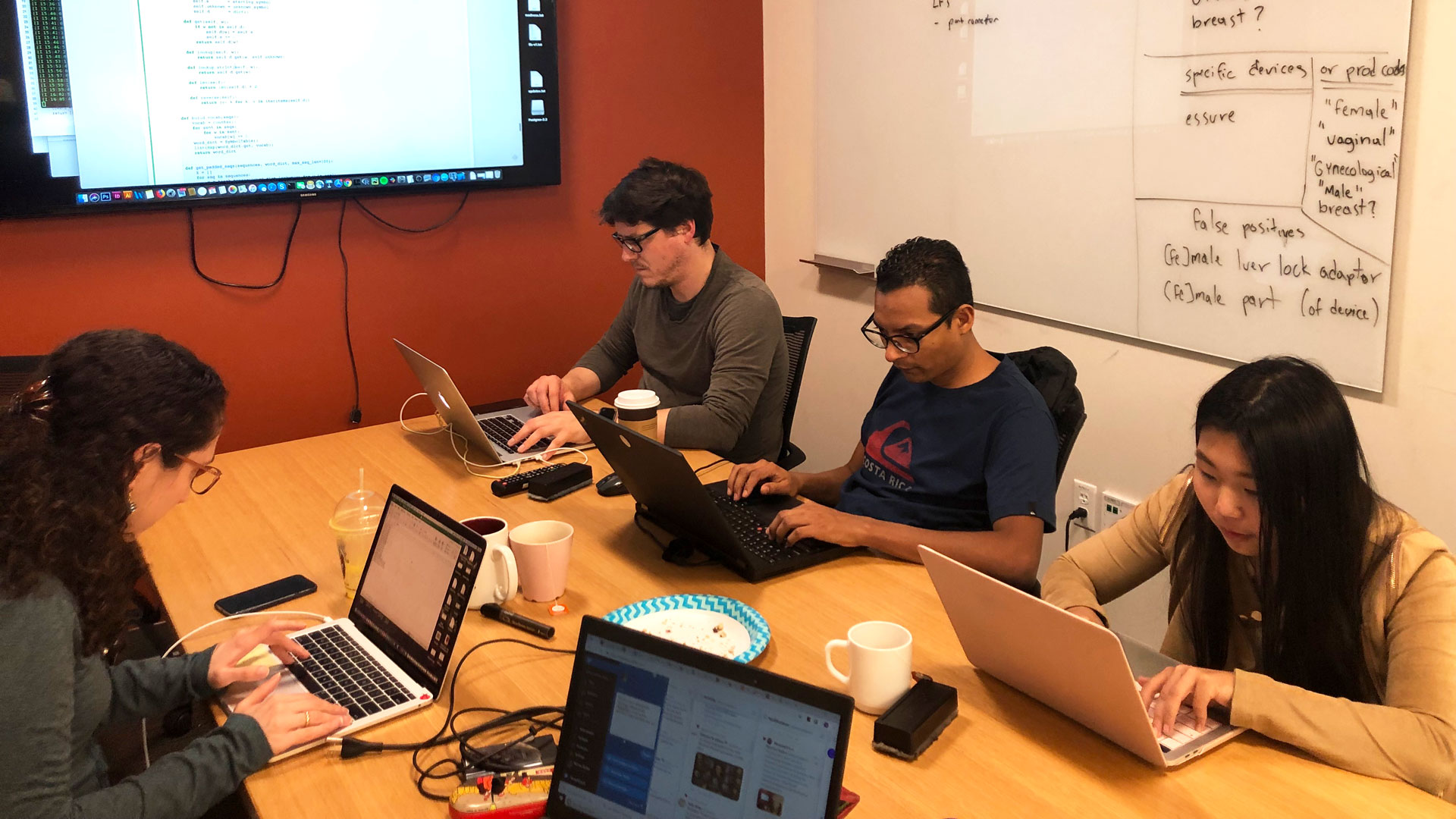Last month, the International Consortium of Investigative Journalists’ Marina Walker Guevara and Will Fitzgibbon joined 600 reporters in Amman, Jordan, for the year’s largest meeting of Arabic-speaking journalists.
Every year, Arab Reporters for Investigative Journalism assemble reporters from North Africa, the Middle East and beyond to learn, share new tools and plan future collaborations.
Here are some of our conference highlights, plus some reflections from two other attendees.
Investigating corruption with Stephen Grey, special correspondent on the global investigative team, Reuters
“Identify who did what to whom,” recommended Stephen Grey, Reuters journalist and ICIJ member, before a full room of reporters (conference organizers had to find extra chairs to accommodate the interest).
Grey provided examples for his exposés on the wealth of Russian president, Vladimir Putin, the assassination of Maltese journalist Daphne Caruana Galizia, and his team’s coverage of asylum seekers’ perilous journeys to Europe. (Grey continues to follow Caruana Galizia’s murder investigation. Follow his latest reporting via Twitter.)
Grey advised investigative journalists to aim high. For example, Reuters began with the ambitious goal of finding the hidden wealth of Vladimir Putin. In the end, Grey and his team couldn’t get to the bottom of that. “But we found other things. Because we set the objective high, what we did find was nonetheless interesting.”
The genesis of a good investigation is paying more attention than anyone else to something everyone else has already seen, Grey said. When a boat carrying 500 refugees sank in the Mediterranean Sea, for example, the calamity prompted headlines worldwide. Grey and his team, however, dug further to identify the ship’s owners and the ringleaders of the doomed voyage.
Investigating human rights with Martha Mendoza, reporter, Associated Press
Befriend nerds and experts who know how to use satellite images, advised Mendoza, who won a 2016 Pulitzer Prize for investigating slave labor in the seafood supply chain.
Mendoza recounted how she and her colleagues at Associated Press drove down highways in Thailand on the tail of trucks heaving with snapper caught by slaves.
Mendoza built a rapid-response network of satellite imagery experts who helped reporters track a ship’s location in the ocean and who provided high-resolution images for reporters to identify vessels.
Mendoza shared a list of databases that allow reporters to track ships, and monitor imports and exports. These databases allow reporters to connect shoe-leather reporting on possible labor abuses with the final destination of products tainted by human rights concerns.
The AP reporter traced snapper and other fish back to U.S. supermarkets, including giant corporations such as Walmart and smaller, regional outlets, to help localize the global story. “I wanted people to read the investigation and say, ‘Not my X’ when they saw the name of their local supermarket,” Mendoza said.
ICIJ spoke to other attendees at ARIJ19 and asked for some of their highlights.
[newsmatch-insiders]
Sandrine Rigaud, editor in chief, Forbidden Stories
One of Sandrine’s highlights was a session on cross-border collaborations, which was particularly relevant to her work at Forbidden Stories.
“The lesson I will remember most is that given by Will Fitzgibbon from ICIJ: ‘the greatest partners in a collaboration are not necessarily the most prestigious,’” she said.
[Editor’s note: Will swears he didn’t ask Sandrine to say this!]
Sandrine also pointed to a session by Hadi Khatib from the human rights group Syrian Archive, who presented on open source investigative tools. “This session confirmed to me the growing usefulness of OSINT (Open Source Intelligence) as a journalistic method of investigation and fact-checking,” Sandrine said.
Press freedom issues in the Middle East also caught Sandrine’s attention: “I was impressed by the session given by Alia Ibrahim, the co-founder and CEO of Daraj, an independent pan-Arab news website with a focus on ‘impact journalism.’ Like lnkyfada in Tunisia, Mada Masr in Egypt or 7iber in Jordan, Daraj is Middle Eastern media start-up that had to innovate to survive. In a region where press freedom is a daily battle, these sites are proof that investigative journalism can thrive in the Middle East against the odds.”
Mokhtar Alibrahim, ARIJ, Syria
“The most important thing happened at ARIJ19 is the networking with new peers from MENA [Middle East North Africa] and the world,” Alibrahim said.

Alibrahim listed as highlights talks by ICIJ’s Marina Walker on artificial intelligence and by The Guardian’s Carole Cadwalladr on her expose of the Facebook-Cambridge Analytica scandal – especially as there were Facebook employees in the audience as Cadwalladr spoke.
“As a Syrian Journalist based in Jordan, I was especially enthusiastic to attend the session about collecting, verifying, and investigating data to expose the human rights violations committed by all sides of conflict areas like Yemen Syria and Libya,” said Alibrahim.
Alibrahim lists some of his favorite links and reporting toolkits here:
- A digital library for researchers, where you can view statistics and data presented in a visual way, which you can analyze and include within the article.
- Know the timing of sunrise and sunset and its movement via a tool
- How to fight disinformation by Google
- Bellingcat’s Online Investigation Toolkit



